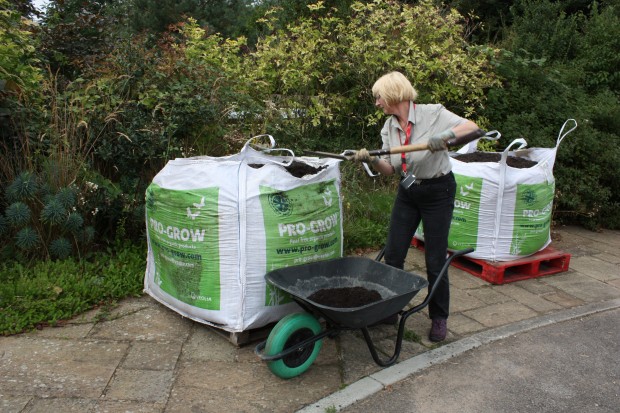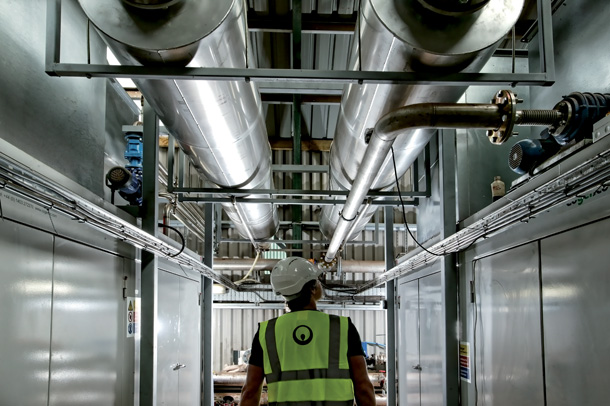We often think of peatland as composed of uninhabitable bogs, bereft of nutrients and plant life. In terms of the world’s dwindling natural resources however, peat is integral for carbon capture and climate cooling and in fact plays host to some of the most fragile ecosystems on the planet.
English peatlands are estimated to contain around 584 million tonnes of carbon. If this were all lost it would be equivalent to 2.14 billion tonnes of CO2, which is around five years of England’s total annual CO2 emissions.

Peatlands are being drained at breakneck speed in the UK – up to 94% have already been excavated with no sign of slowing down. As a country we also import millions of tonnes of peat from abroad, making us culpable for peat devastation beyond our borders. This has to stop.
The power of peat has been embraced by politicians with restoration and conservation projects underway. Targets highlighted in the government’s 25 year Environment Plan call for retailers to phase out peat use by 2020, but evidence suggests this will not be reached at current rates of adoption. Between 2011-2017 there has actually been an increase in peat-based products for the growing media industry – as of 2017 56% of growing material on retailers’ shelves is still peat-based.
If Britain wants to make an impact now and show real environmental credibility, there needs to be an earlier transition to peat-free compost across gardens, farms and in stores. Wider take up will also help make the cost equitable to peat-based compost.
Sustainable compost
As the nation’s largest composter, Veolia is leading the crusade for sustainable compost – handling over 400,000 tonnes of household green waste every year derived from a nationwide network of 10 composting sites and producing up to 150,000 bags of peat-free compost known as Pro-Grow from this, meeting the highest industry quality standards in the process. This is likely to increase with the prospect of green waste becoming free to collect and on a more regular basis, as pledged in the government’s Resources and Waste Strategy.
Grass cuttings, leaves and other green waste are collected from homes up and down the country to be sieved, shredded and transferred to vast heaps known as ‘windrows’. By monitoring the windrows’ temperature and oxygen levels we can ensure the microorganisms have the best conditions to transform the green cuttings into fine, organic compost. After three months, the decomposed green waste is matured and refined into a homogenous material which is then bagged and dispatched.

Pro-Grow also delivers a range of benefits to soil: provision of organic matter, improvement of the soil structure and creation of a better root environment for plants. The end product matches peat pound for pound as plant nutrition and is undoubtedly better for the green and pleasant land we all depend on. The Pro-Grow range can be found in over 300 point of sales in the UK.
Planting season
With planting season on the horizon, we should orient ourselves away from the ruination of British peatlands and towards the pursuit of peat-free alternatives. Market trends demonstrate peat is picking up momentum in spite of government attempts to impair its popularity. With 2.4 million cubic metres of peat produced for our growing needs every year, we have a civic and environmental duty to fulfil the calls from Westminster to phase it out.
We as recyclers must endorse sustainable production without substituting quality or price. Minimal impact on the natural world while providing an unrivalled fuel for plants or crops – it’s composting without compromising and a straightforward way for anyone working with the land to help preserve it.







Subscribe for free